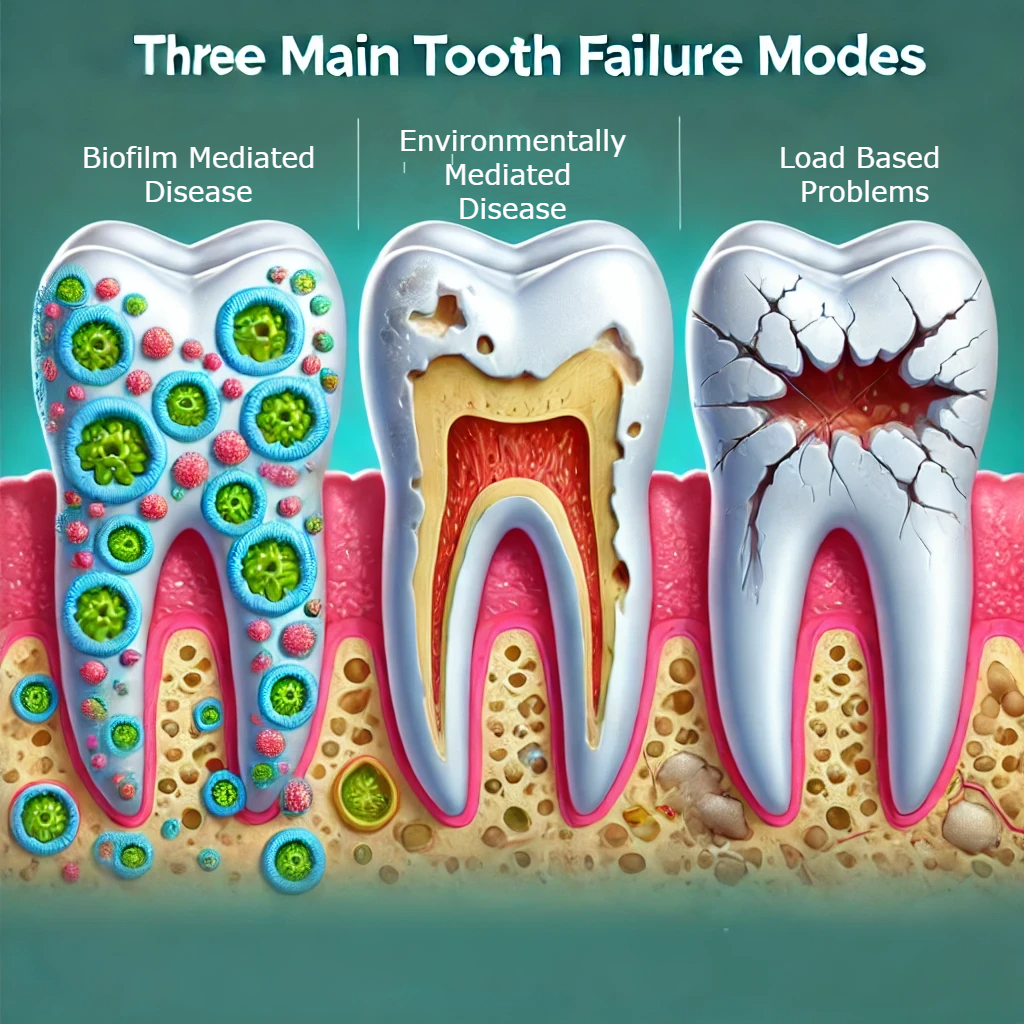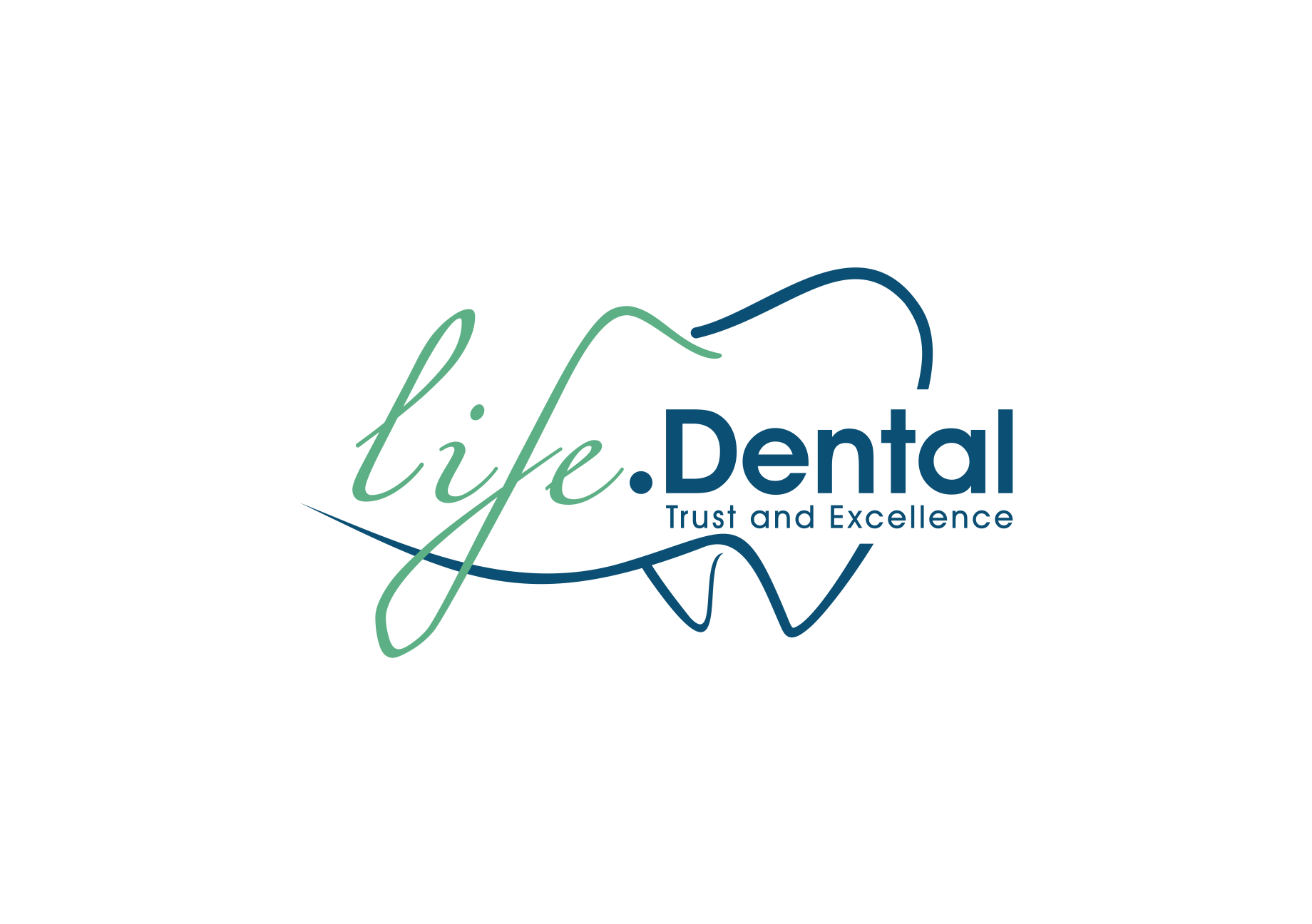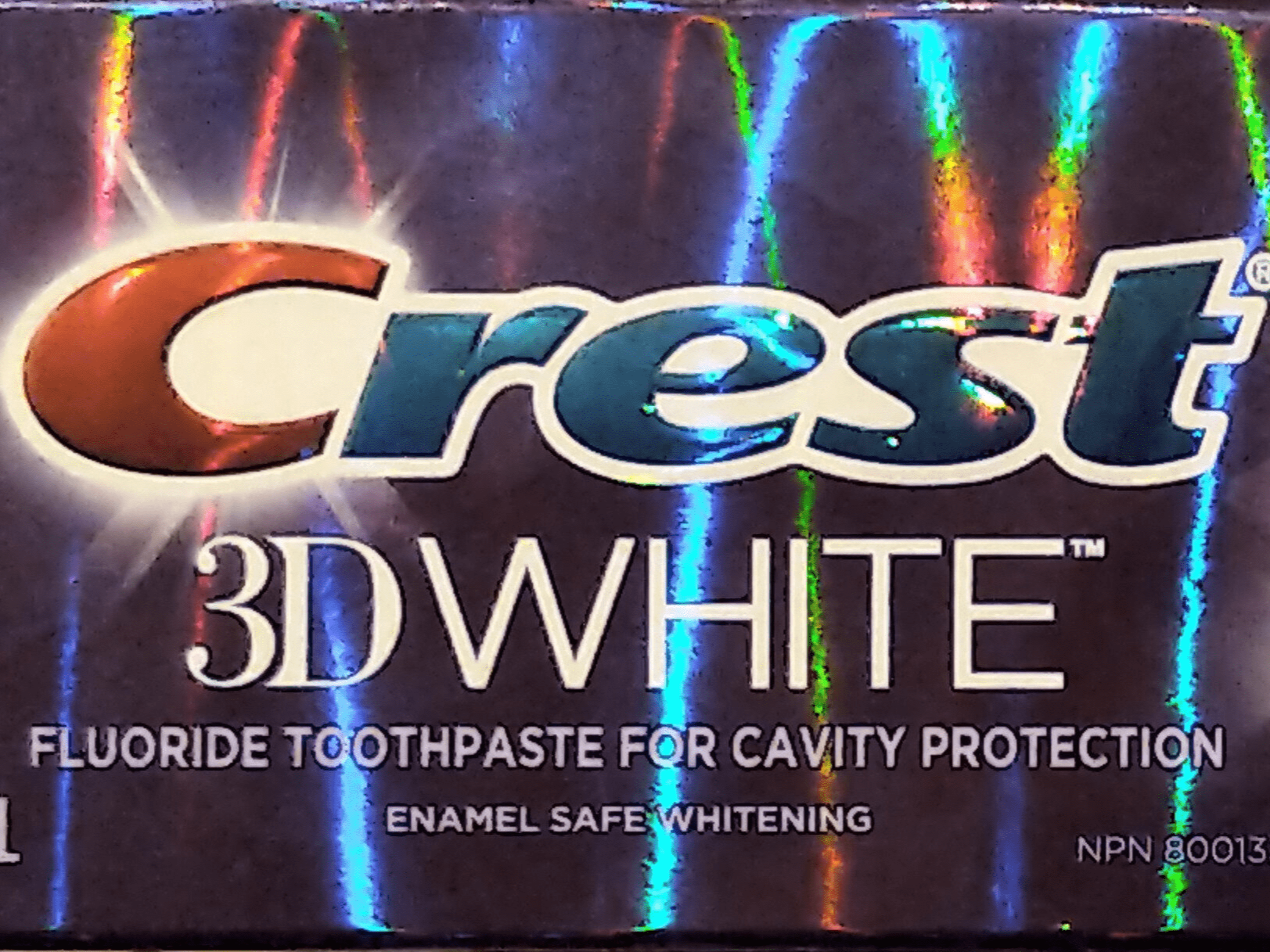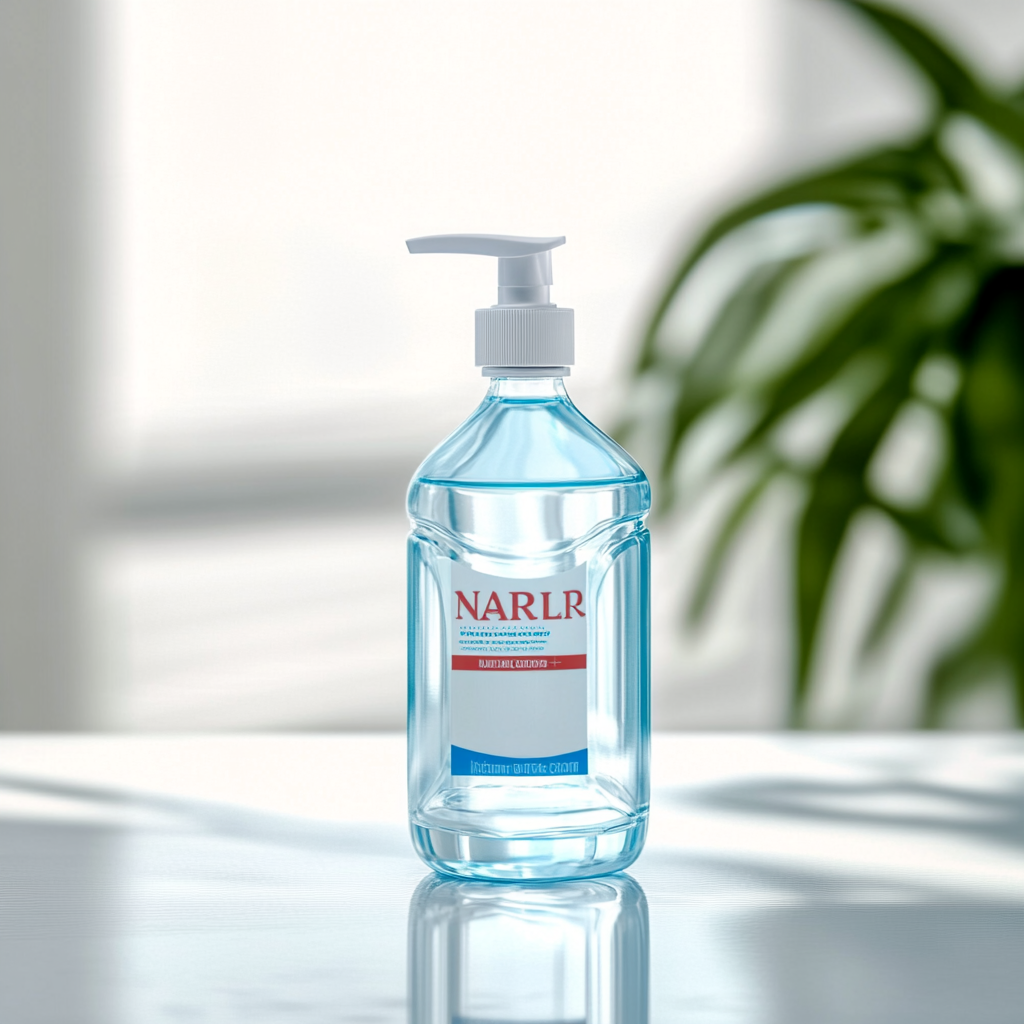· Dental Health · 3 min read
Tooth Failure Modes: What Happens When Your Teeth Break Down
Our teeth endure daily stress, but what exactly causes them to break down? This guide explains the three main types of tooth failure modes—biofilm mediated diseases, environmental factors, and load-based issues—so you can keep your smile healthy.

Overview
Ever wonder why some people seem to have more dental problems than others? It’s not just bad luck. Teeth go through a lot of stress every day, and there are specific ways they can fail, just like any other part of your body. Let’s break it down into three main categories of tooth failure modes: biofilm mediated diseases, environmentally mediated concerns, and load-based problems. Sounds fancy, right? Don’t worry—I’ll explain it all in simple terms!
For more on maintaining good dental health, check out our guide on cleaning services
1. Biofilm Mediated Diseases: The Trouble with Bacteria
Biofilm sounds like something out of a sci-fi movie, but it’s really just a layer of bacteria. When it builds up on your teeth, bad things happen.
Caries (aka Cavities)
These are your classic tooth problems caused by bacteria making acids that eat away at your enamel. They can happen in different areas:
- Pit and Fissure System: The deep grooves in your molars—easy places for food and bacteria to get stuck.
- Smooth Surface (Proximal): The sides of your teeth, where your brush may not always reach.
- Cervical: The area near your gums (this one gets ignored a lot).
- Apical: Below the gum line, near the root of the tooth.
Periodontal Diseases (Gum Disease)
This is when the bacteria aren’t just happy destroying your teeth—they start messing with your gums and the bone that supports your teeth. If left untreated, you can actually lose teeth because of this!
Learn more about gum disease and its treatment.
2. Environmentally Mediated Concerns: When Chemicals Attack Your Teeth
Sometimes, it’s not just bacteria; your teeth can get worn down by things in your environment—especially stuff you eat or drink.
Erosion
This is when acids from outside sources wear away your enamel.
- Extrinsic (Diet): Think soda, citrus fruits, or anything acidic. Over time, this stuff eats away at your teeth.
- Intrinsic: This is when acids come from inside your body, like in the case of Gastroesophageal Reflux Disease (GERD) or Bulimia Nervosa, where stomach acids are constantly in contact with your teeth.
Abrasion
This happens when your teeth get worn down by something mechanical, like brushing too hard. Your gums recede, and your teeth wear down over time. Be gentle with that toothbrush!
3. Load-Based Problems: Too Much Pressure on Your Teeth
Finally, we have the wear and tear caused by the forces you put on your teeth. Your teeth aren’t invincible, and they can break down under pressure.
Friction (Attrition)
Over time, grinding your teeth or clenching your jaw (whether you know it or not) can wear down your teeth. If you’ve ever woken up with a sore jaw, this might be you!
Bite Force
Sometimes, it’s just too much force in the wrong places. When this happens, it can lead to:
- Abfraction: These are tiny chips or cracks near the gum line caused by too much stress on a tooth.
- Cracked Tooth Syndrome (CTS): This is when your tooth gets an actual crack (not as cool as it sounds). Depending on the severity, this might mean serious dental work.
- Pulpal Vitality: This refers to the health of the inner part of the tooth (the pulp). If you have severe cracks or damage, the pulp can die, which can lead to even bigger problems down the road.
So, Why Does All This Matter?
Understanding the different ways your teeth can fail can help you prevent serious problems. A lot of these issues can be avoided with good dental care, like brushing, flossing, and regular visits to the dentist. But knowing what to look out for—whether it’s from too much soda, stress, or a grinding habit—can save you a lot of pain and expensive dental work later on.
Take care of those teeth! They’re the only ones you’ve got!



